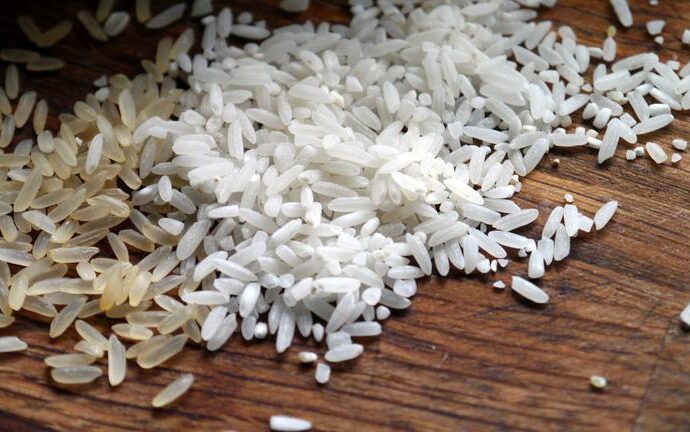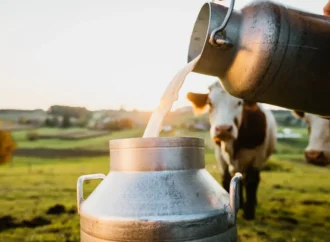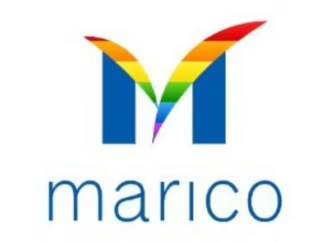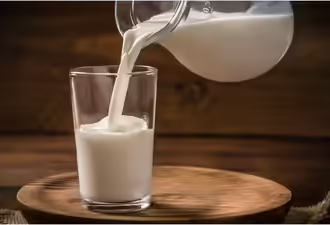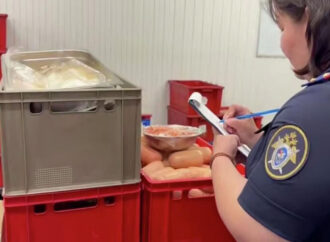Key Update
The Government of India has extended its fortified rice initiative under all food security schemes until December 2028, committing ₹17,082 crore to strengthen public health and food safety. By enriching rice with iron, folic acid, and vitamin B12, the government aims to actively combat anaemia and other micronutrient deficiencies. Since replacing all rice in government schemes with fortified rice by March 2024, India has taken a decisive step toward providing safer, more nutritious food for millions.
Schools Serve Safer, More Nutritious Meals
Building on this foundation, the government has integrated fortified rice into school mid-day meals through the PM POSHAN scheme. With the fortification process fully funded, schools can consistently serve children safe and high-quality food. To further enhance nutrition, schools are also encouraged to use double fortified salt and fortified edible oil, which help prevent deficiencies in iodine, iron, vitamin A, and vitamin D. Together, these measures not only improve the nutritional value of meals but also reinforce food safety in daily diets.
NDDB Delivers Fortified Milk to Children
Complementing the rice initiative, the National Dairy Development Board (NDDB) strengthens food safety through its Gift Milk Programme. By distributing fortified milk to schoolchildren, NDDB ensures that safe, nutrient-rich dairy reaches those who need it most. With CSR and donor support, the programme recently supplied 7.10 lakh litres of fortified milk to 41,700 children across 257 schools in 11 states. Alongside providing nutrition, the programme also spreads awareness about the value of safe and balanced diets.
Women and Girls Receive Safer Nutrition
Extending food safety efforts further, the Ministry of Women and Child Development has integrated fortified rice into programmes such as the Wheat-Based Nutrition Programme and the Scheme for Adolescent Girls. Since 2021, these initiatives have specifically addressed anaemia and malnutrition among women and girls. By delivering fortified staples through safe, government-regulated channels, the ministry ensures that vulnerable groups receive reliable and nutritious food.
Food Processing Sector Boosts Safety Standards
To sustain these efforts, the Ministry of Food Processing Industries is modernising infrastructure and raising safety standards across the sector. Through initiatives like PM Kisan SAMPADA Yojana, the Production Linked Incentive Scheme, and the PM Formalisation of Micro Food Processing Enterprises, the ministry supports hygienic and efficient food processing. These schemes ensure that fortified products are produced, stored, and distributed under strict safety measures, reducing waste and strengthening consumer trust.
India Moves Toward a Healthier, Safer Future
By extending the fortified rice programme and reinforcing food safety systems, India is reaffirming its commitment to public health. From fortified school meals to nutrition programmes for women and children, and from safe dairy distribution to modernised food processing, the country is steadily building a reliable and safe food ecosystem. Together, these efforts lay the foundation for a stronger, healthier India.
Source: Foodtech News
 Food Manifest
Food Manifest 